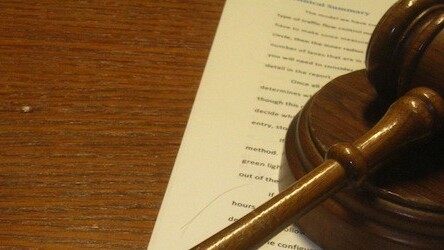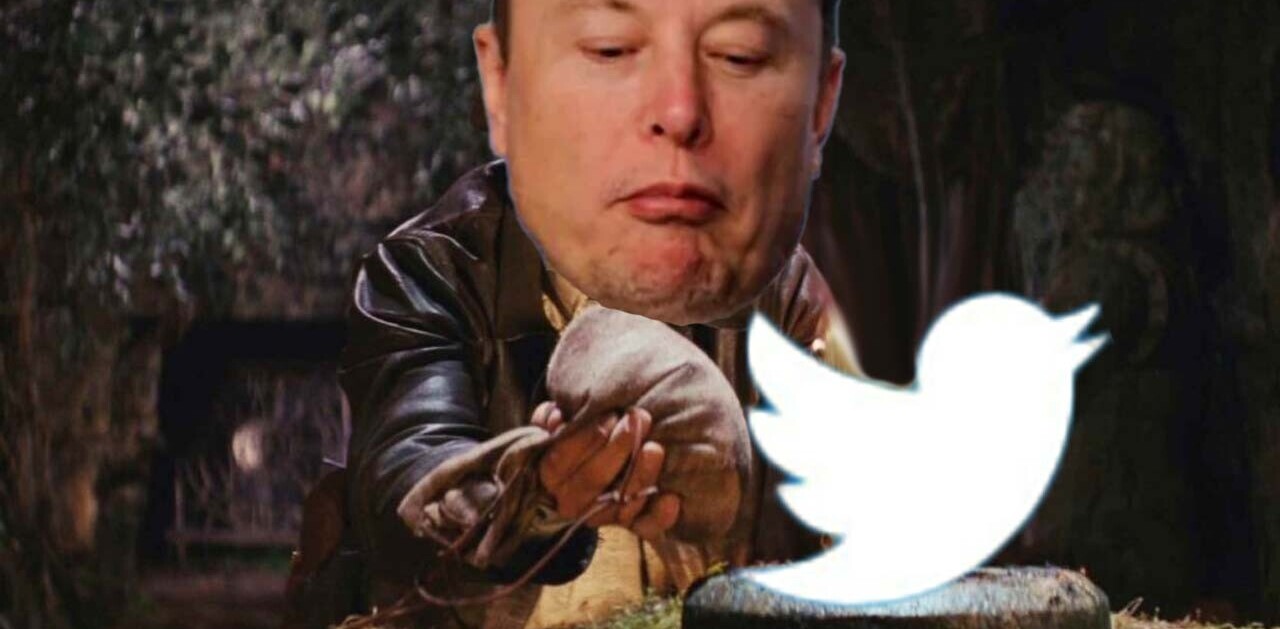
We recently told you about a Twitter-related lawsuit which has brought up the seemingly-impossible to answer question – who owns your Twitter followers? In a double-lawsuit, blogger Noah Kravitz, and tech blog PhoneDog, are embroiled in a legal battle over a Twitter account.
Starting in November of last year, Kravitz took PhoneDog to court over his share of the site’s advertising revenue. PhoneDog followed Kravitz’s lawsuit with one of their own, taking their former editor-in-chief to court for the ownership of his Twitter account, which he started during his employment at the blog.
While the blogosphere has been struggling to grasp how ownership of Twitter followers can be determined in the case of an account like Kravitz’s, a California court has upheld the case.
The problem with the PhoneDog vs Noah Kravitz case is that, while the Twitter account bore the PhoneDog name, and Kravitz’s position as editor-in-chief no doubt earned him more exposure, the account was maintained entirely by Kravitz personally.
The judge’s ruling, which is available for download at The Post and Courier, states that Kravitz had called for several of PhoneDog’s claims to be dismissed, specifically those that state that Kravitz’s move damaged PhoneDog’s advertising revenue, and the request was denied:
“In its ruling, the Court only granted Kravitz’s motion with respect to PhoneDog’s second and third claims for intentional interference with prospective economic advantage and negligent interference with prospective economic advantage. Id. PhoneDog was afforded leave to amend these two claims, and it filed its first amended complaint (“FAC”) on November 29, 2011. Dkt. No. 29. Kravitz has now moved to dismiss PhoneDog’s second and third claims once again, arguing that they still fail to allege sufficient facts to state claims upon which relief can be granted. Dkt. No. 30. As explained below, the Court disagrees with Kravitz’s position and DENIES his motion.”
The ruling gives more insight into how PhoneDog is approaching this case, and how it is justifying its stance:
Due to Kravitz’s alleged conduct, “there is decreased traffic to [the] website through the Account, which in turn decreases the number of website pageviews and discourages advertisers from paying for ad inventory on PhoneDog’s website.”
Kravitz attempted to have the claims thrown out on a technicality, specifically that PhoneDog filed them after the court-appointed deadline, but was unsuccessful:
“….Kravitz’s request for the draconian sanction of dismissing PhoneDog’s second and third claims goes too far and is DENIED. Instead, the Court admonishes PhoneDog for its inability to comply with the Court’s deadlines, which will not be accepted going forward.”
Kravitz’s case is the first of its kind that we have seen, but it was closely followed by another similar case over an employee’s LinkedIn account. The emergence of tools like Twitter and LinkedIn, which can be used in a professional environment, while maintaining an intensely personal nature has introduced a new dilemma for both companies and their employees.
If PhoneDog’s lawsuit is successful, it will no doubt set a worrying precedent for the professional use of social media.
Get the TNW newsletter
Get the most important tech news in your inbox each week.





